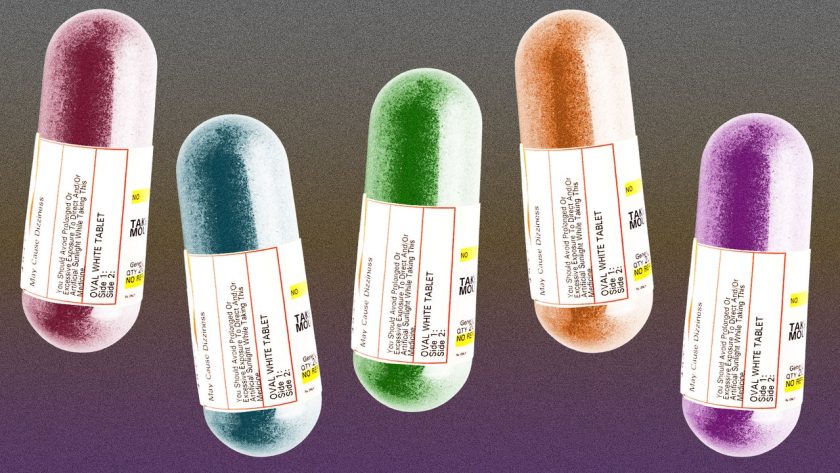In a recent piece for Wired, writer Katie Knibbs explored Berberine, the supplement that’s become known as “nature’s Ozempic” on TikTok. Experts told both Wired and GQ that Berberine is not recommended for weight loss. But there’s a bigger issue in play: While many vitamins and other nutritional supplements don’t do anything at all, some supplements can be too potent.
In fact, the difference between supplements and “real” drugs like prescription pharmaceuticals is rather hazy. And even when supplements are found to contain active ingredients found in prescription drugs—like the one found in Viagra—the FDA doesn’t have the authority to mandate recalls.
The supplement industry, which had a global market size of $163 billion last year, has experienced rapid growth partially attributable to social media, as fitness influencers provide one-man studies that a certain supplement changed their life.
There is, of course, a big regulatory difference between pharmaceutical drugs and supplements: medicines must be approved by the FDA before they can be sold or marketed, while supplements are not reviewed or tested.
In fact, supplements not being under the regulatory thumb of the FDA—or any other three-letter agency—might actually be a selling point to some consumers. Berberine, for example, is hitching a ride on the anti-pharma wave, as Derek Beres, co-author of Conspirituality: How New Age Conspiracy Theories Became a Health Threat told Wired. Berberine has been used in alternative medicine for its antibiotic properties—and it might also interfere with gut health and “cause dangerous interactions” with other drugs.
As TikTok and Instagram continue to be a supplement recommendation engine, it’s important to keep in mind that supplements do not range from useless to moderately effective. They range from bogus to extremely effective, and often in unpredictable ways.



